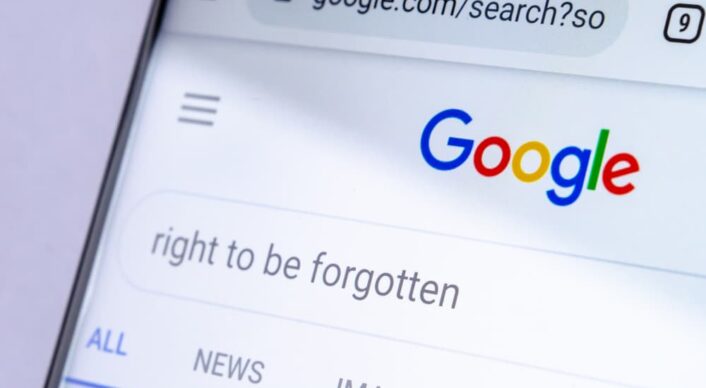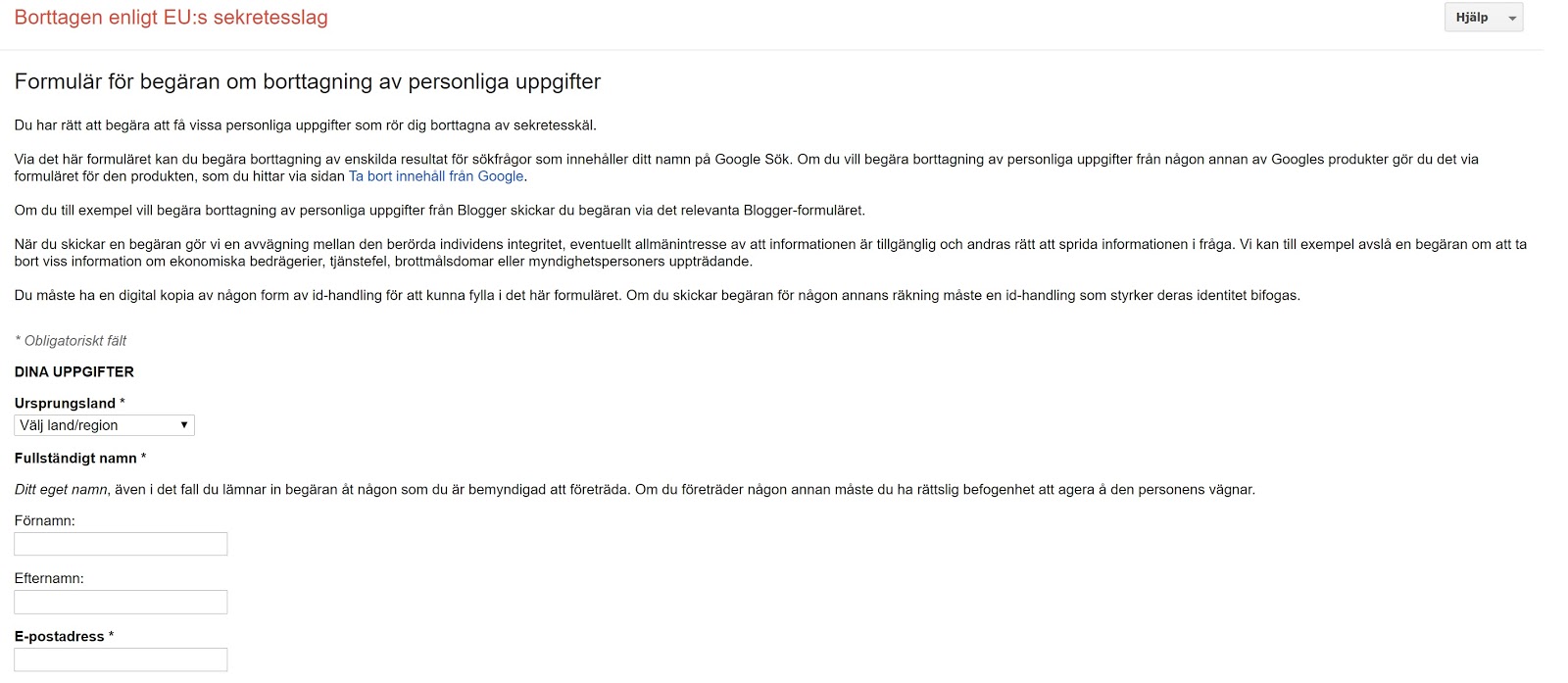
They say the internet is forever and that everything that happens online stays there. The internet is a bit like Las Vegas, only with more trolls. In this article, we’ll break down what the “right to be forgotten” really means for you as a Google user, and how you can proceed if you want Google to forget you. We’ll also explain how you might find someone who has requested to be forgotten by Google. Because in reality, Google never truly forgets.
Background on the “Right to be Forgotten”
The right to be forgotten is not a new phenomenon, even though it received a lot of attention in late 2019. The right to be forgotten from search engines, or the right to erasure as it is also called, has been an EU right since 2014, when Google lost the widely discussed lawsuit in Spain that led to Google and other search engines being required to remove search results in certain cases.
The reason people started talking about the right to be forgotten again in 2019 was that Google secured a ruling stating that this right would only apply to EU citizens (as well as citizens of Norway, Switzerland, Liechtenstein, and Iceland). The right to be forgotten is therefore not a global right, and search results removed for European users may still remain visible to users outside the EU.
When can you be forgotten by Google?
Many people seem to think that users can ask Google to remove all embarrassing things they’ve done over the years, but it’s not that simple. Being forgotten by Google really means that you can have search results removed if they contain outdated or inaccurate information, or if the information is no longer of public interest.
Google themselves state that:
“When we evaluate your request, we will look at whether the results include outdated information about your private life. We will also consider whether there is a public interest in that information remaining in our search results—for example, if it involves financial fraud, professional misconduct, criminal convictions, or your public conduct as an official (elected or otherwise).” (Google on the right to be forgotten)
So, you can’t remove just anything about yourself. If something is of public interest, Google may deny your request to be forgotten. Since Google and other search engines can reject such requests, there are alternative routes, which we’ll cover below.
How to request to be forgotten by Google
To exercise your right to be forgotten by Google, you can visit the following link for further instructions.
Since Google is much more than Google Search, it’s easiest to navigate from this page if, for example, you want to remove yourself from a YouTube video, etc.
The most common request, however, is to be forgotten from search results found on Google Search. To do this, you must fill out a web form with the URLs where you appear and provide other personal information that helps Google understand why you want to be forgotten, which pages are involved, and how they can find them. The more information you provide to Google, the better. Google will then decide whether to remove the page in question, based on the information you give them.
Below you can see an example of how the beginning of this form looks:

How can you find someone who has been forgotten?
Since the Right to be Forgotten only applies to EU citizens and a few other areas in Europe, Google and other search engines do not have to remove search results in other parts of the world. This relatively new law, which came into effect in 2019, means that Google and other search engines can continue to display results that have been removed in Europe.
If you live in an EU country and want to look up information you know has been removed because someone requested to be forgotten, you can now use a “VPN” (Virtual Private Network) to make it appear as if you are outside the Eurozone.
What can you do if Google denies your request to be forgotten?
If your request is denied by Google, or any other search engine, you can in Sweden turn to the Data Protection Authority (“Datainspektionen”) for guidance.
To file a request with the Data Protection Authority, you can visit the following page:
Disclaimer:
At Brath, we specialize in helping our clients rank high in Google search results and drive organic traffic. This article aims to inform about the possibility of having yourself removed from Google. However, we want to be clear that this article should not be interpreted as legal advice. For that, we recommend contacting a lawyer, the Data Protection Authority, or Google directly.
